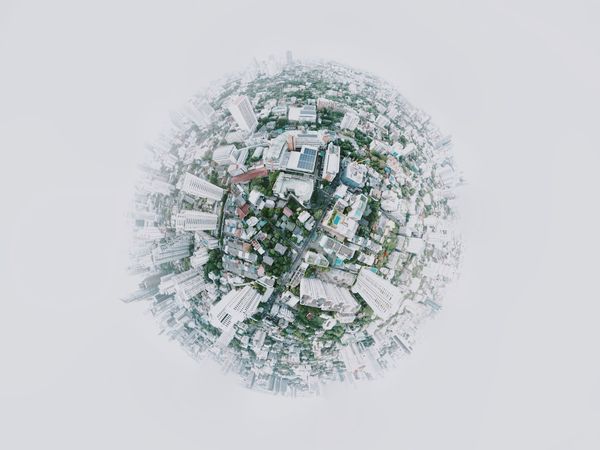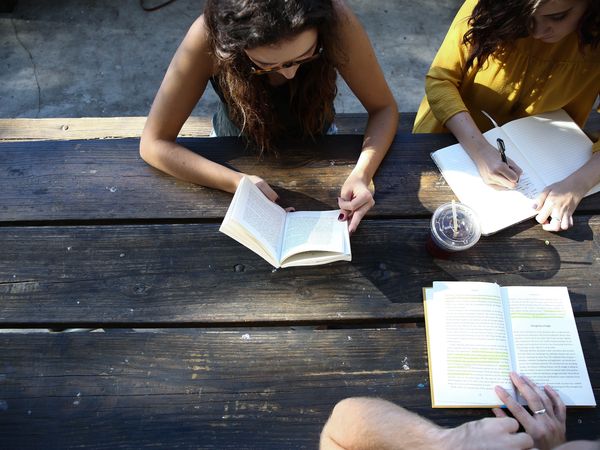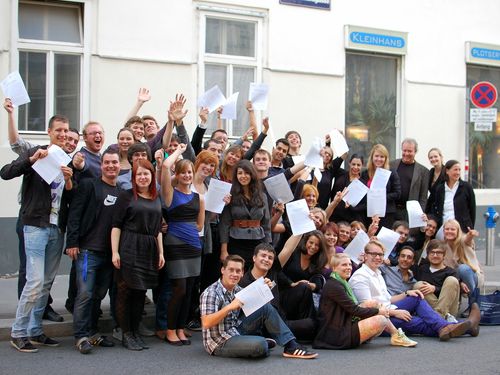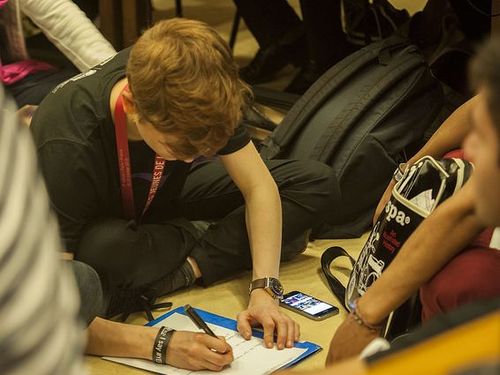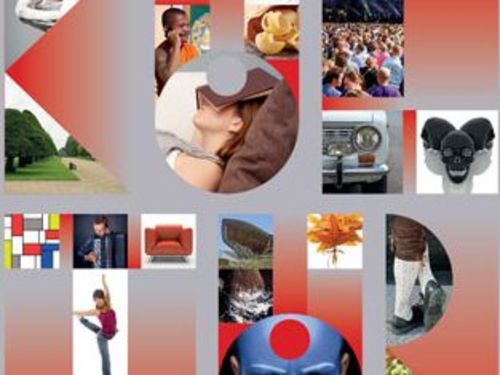Education: key to the future
“Everyone has the right to education.” This is stipulated in Article 26 of the Universal Declaration of Human Rights. Education is the prerequisite for social and economic development.
Education 2030
UNESCO’s current global education programme is known as the Agenda 2030. It is encapsulated in the fourth Sustainable Development Goal (SDG) and stipulates that all people “should have access to lifelong learning opportunities”. Education is the prerequisite to improving quality of life, overcoming poverty, achieving gender equality, reducing infant mortality, containing population growth, ensuring sustainable development, and ultimately, achieving peace and democracy. It aims to provide humans with the ability to participate in public life actively and autonomously, and critically question their current situations. Implementing these educational goals means including all the relevant stakeholders, especially civil society and the private economy.
Quality of education cannot be measured based solely upon its compliance with performance standards. For the Austrian Commission for UNESCO, quality of education is linked to values such as tolerance, solidarity, understanding of diversity, and respect for human rights. All these aspects are indispensable in ensuring that people can live together peacefully in the 21st century.
The “Four Pillars of Education”
UNESCO’s holistic understanding of education and the requirements to be met are defined in the “Four Pillars of Education”:
- Learning to know
- Learning to do
- Learning to be
- Learning to live together
Education is the key element in view of the future because global sustainable development can only be achieved if sustainability is anchored in the education system throughout society. UNESCO's main tasks are to support governments in implementing the education agenda and monitor the process at the global, regional, and national levels.
In its annual World Education Report, UNESCO draws international comparisons concerning progress in education. Every three to four years, UNESCO organises an international conference on education.



